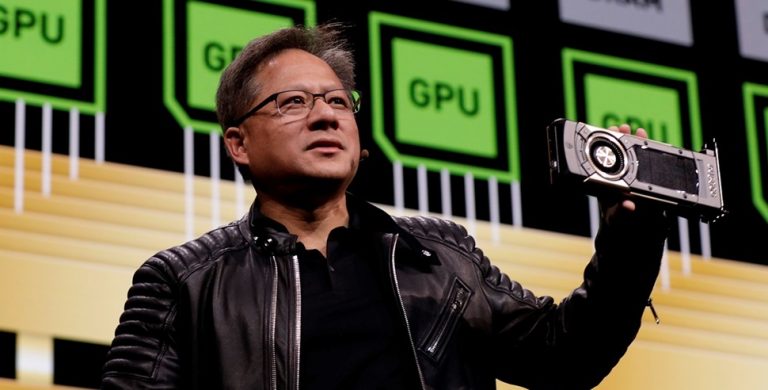
Nvidia’s CEO, Jensen Huang, has sharply criticized the U.S. policy of restricting advanced chip exports to China, arguing that the move backfired by accelerating Chinese technological advancement.
Speaking at the Computex tech conference in Taipei, Huang described the Biden-era export controls as counterproductive and welcomed President Donald Trump’s decision to scrap some of those curbs.
“Incredible things have happened in the last year as a result of the export controls,” Huang told reporters. “The local companies are very, very talented and very determined, and the export control gave them the spirit, the energy, and the government support to accelerate their development.”
Register for Tekedia Mini-MBA edition 17 (June 9 – Sept 6, 2025) today for early bird discounts. Do annual for access to Blucera.com.
Tekedia AI in Business Masterclass opens registrations.
Join Tekedia Capital Syndicate and co-invest in great global startups.
Register to become a better CEO or Director with Tekedia CEO & Director Program.
Huang pointed to China’s rapid progress in artificial intelligence and chip manufacturing as unintended consequences of Washington’s clampdown on AI chip exports.
“I think, all in all, the export control was a failure,” he said.
The U.S. had sought to curb Beijing’s access to high-end semiconductor technology amid rising geopolitical tensions, citing concerns over the potential military applications of artificial intelligence. But the move cost American firms, including Nvidia, a significant share of their most lucrative overseas market.
Nvidia, once dominant in China with an estimated 95% market share for high-end AI chips, has seen that figure cut nearly in half. We went from basically having 95% share to having 50% share, Huang said.
He added that while the original intent of the policy was to hinder China’s AI capabilities, it instead fueled a surge in domestic innovation. It’s labeled the unintended consequence of a policy that didn’t work.
Now, Trump appears poised to reverse that course. His administration is reportedly planning to replace the current tiered export control regime with a global licensing system that would allow technology trade under government-to-government agreements. The approach is seen as a more strategic and flexible way to maintain U.S. influence in global tech markets while avoiding unintended backlash.
Huang believes President Trump realizes it’s exactly the wrong goal to try to isolate U.S. technology from the world because it undermines our leadership. This is because if U.S. technology is not available to the rest of the world, they will build it themselves.
Indeed, that has already happened. Chinese firms, with strong state baking, have responded to the curbs by making rapid strides in tech self-sufficiency. Huawei’s breakthroughs in chipmaking and the rollout of its own HarmonyOS mobile operating system—designed to replace Google’s Android—have been cited as clear examples of how restrictions pushed China to innovate faster.
The Biden administration’s AI export controls, imposed in 2022 and 2023, particularly targeted Nvidia’s top-performing chips, such as the A100, H100, and more recently, the H800 and A800 variants tailored for Chinese clients. In response, Nvidia began designing downgraded versions to remain compliant. The company is now preparing to release a variant of its powerful Blackwell GPU architecture with reduced memory capacity to meet export standards.
But even with these workarounds, the Chinese market has grown more competitive. Huang acknowledged that domestic chipmakers such as Huawei and startup firms, with Beijing’s support, have filled the vacuum.
At Computex, Huang stressed the importance of maintaining access to global markets. He emphasized that the need for U.S. technology to be widely used.
China, for its part, has consistently condemned the U.S. curbs as discriminatory and politically motivated. The country’s commerce ministry reiterated this stance earlier this year, warning that it would “take resolute measures” to safeguard its interests if Washington continued to impose technology barriers.
As global AI competition intensifies, U.S. policymakers are facing an increasing challenge of how to constrain strategic rivals without undermining American firms or driving them into isolation.
Trump’s strategy signals a potential rebalancing, away from blanket restrictions and toward a model that preserves commercial advantage while allowing room for geopolitical negotiation. However, it is not clear whether this course correction will recover lost ground or simply mark a shift in the broader technological power balancing.



